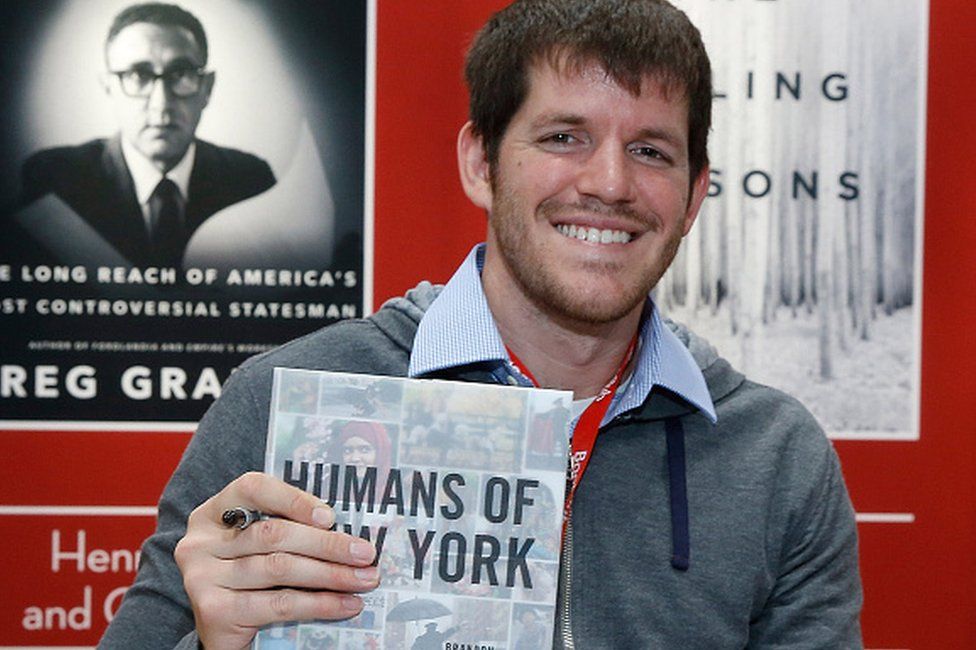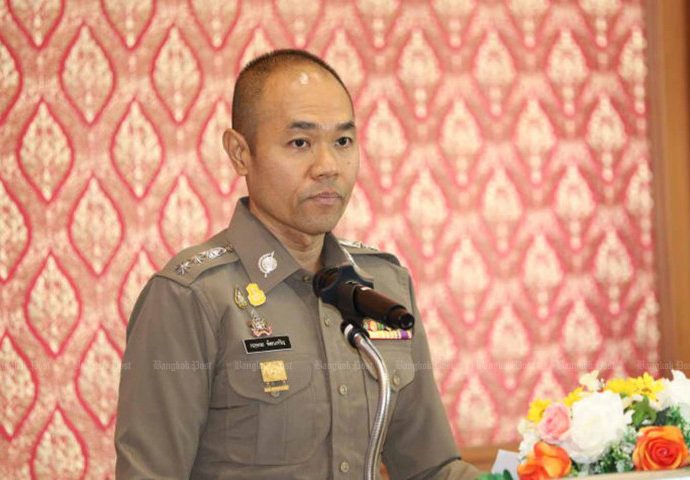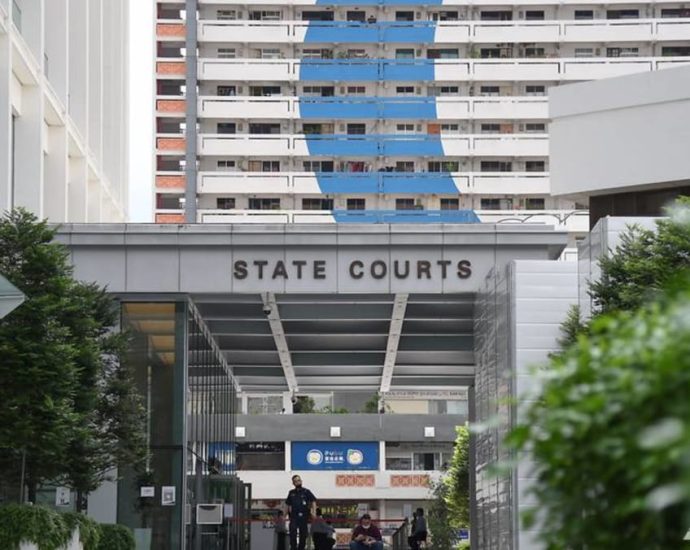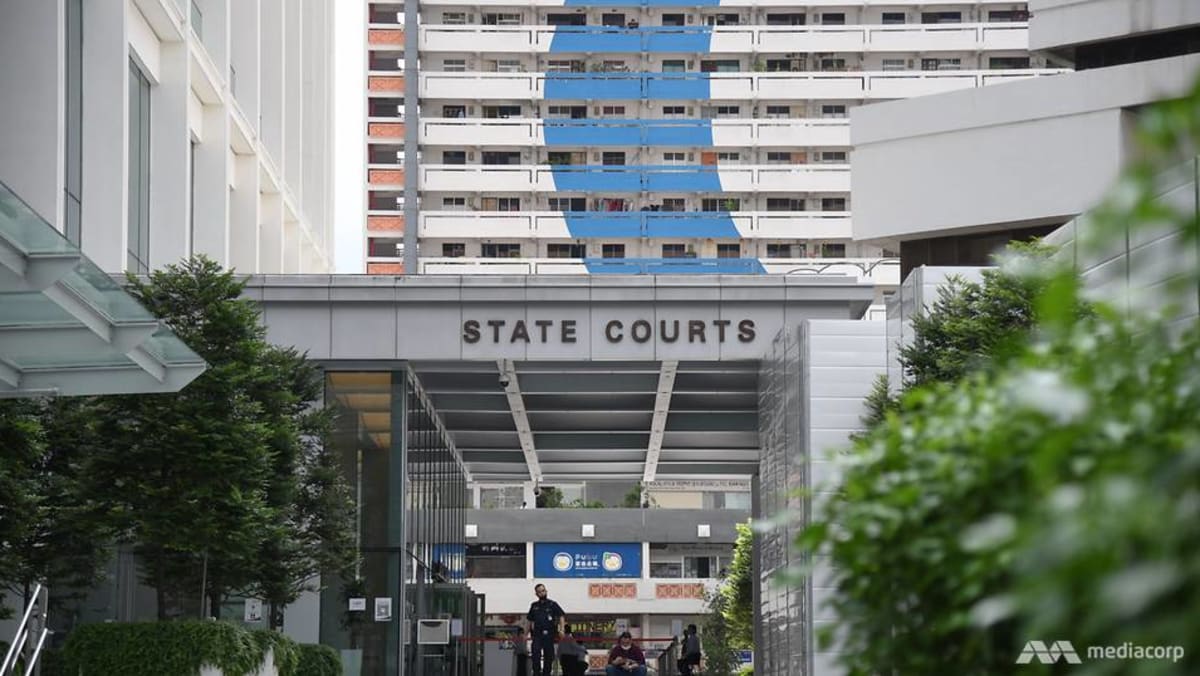Cold case solved: Stranger who sexually assaulted 6-year-old girl during hide-and-seek gets jail

SINGAPORE: A stranger who sexually assaulted a six-year-old girl while she played hide-and-seek at the void deck of a Housing Board block was sentenced to 11 years’ jail on Monday (Oct 2).
Police solved the cold case from 2014 through DNA profiling after the offender, Lau Seng Kee, was arrested for an obscene act in front of another child last year.
His DNA matched with DNA taken from semen in the 2014 sexual assault, which had been stored in a database for eight years.
After being nabbed, Lau, now 60, admitted to police that he had previously masturbated in front of primary school girls in uniform.
He also admitted to six or seven instances when he went around looking specifically for “round-faced” young primary school girls, prosecutors said.
He pleaded guilty to one charge of aggravated sexual assault involving the six-year-old victim.
Two other charges were considered for sentencing – for sexual exploitation of the six-year-old on the same occasion in 2014, and for an obscene act committed in public in front of another young girl in 2022.
VICTIM SUFFERED “RECURRING THOUGHTS” ABOUT THE ASSAULT
Around noon on Feb 21, 2014, the six-year-old victim and her eight-year-old sister were at the void deck of a Housing and Development Board block.
The identity of the victim and the location of the offence are gagged by court order.
The sisters, who were accompanied by their maid, decided to play hide-and-seek. The victim was wearing her primary school physical education uniform at the time.
During the game, she saw Lau loitering at a staircase area in the void deck. She ignored him, but noticed that he was smiling at her from a distance.
Unable to find her sister, the victim went to search the staircase area. Lau beckoned to her to follow him and she did so, following him up a flight of stairs.
At the staircase landing, Lau turned to face the victim and suddenly exposed his private parts to her.
He made a suggestive comment to the victim and directed her to touch him and perform a sexual act.
After the assault, Lau smiled at the victim and walked up the stairs. The girl went back down, where her sister asked where she had gone, and she told her sister what had happened.
The school bus then came and both sisters boarded it. Later that night, during dinner, the victim told her father what had happened and he lodged a police report.
During the assault, Lau’s semen got onto the girl’s shirt. DNA profiles were obtained from the semen and stored in the Health Sciences Authority’s database.
The victim saw a child psychiatrist in March 2014, who reported that the girl suffered from “recurring thoughts” about the assault.
“Despite the police’s best efforts, they were unable to establish any actionable leads and the investigative efforts ceased in 2020 after almost six years of work,” said prosecutors.
The breakthrough came in May 2022. Police got a call from a parent who identified Lau as the man who had stared at and approached his nine-year-old daughter at a playground, even offering to buy her ice cream.
While the police were interviewing Lau, a cleaner came by and told officers he had seen Lau masturbating in public about two to three weeks ago in front of a girl aged nine or 10, who was crying.
The cleaner had given chase but lost sight of Lau, and had been looking out for him ever since.
Police arrested Lau and took a DNA sample from him. It registered a cold hit against the DNA profile from the 2014 case, identifying him as the suspect.
CAUSES DEEP PUBLIC DISQUIET, SAYS PROSECUTION
During sentencing arguments, Deputy Public Prosecutors Wong Woon Kwong and Jean Goh said serious sexual crimes committed against children cause deep public disquiet.
In this case, they pointed out that the assault was carried out in broad daylight in a public housing estate against a child who was a stranger to the offender.
“This causes significant unease to the public at large and to parents in particular, who ought to be able to have their children play in HDB void decks without fear of sexual assault,” they argued.
They described Lau’s conduct as “predatory”, as he laid in wait for the victim and lured her away from her sister and maid to an isolated stairwell.
They noted the victim’s vulnerability given her age, which is significantly younger than the age ceiling of 14 years for the offence of aggravated sexual assault.
The prosecutors also argued that Lau’s 2022 offence “makes clear that the passage of time had not dampened the accused’s alarming sexual predilection for young girls”.
They sought nine-and-a-half to 11-and-a-half years’ jail for Lau, with an additional six months in lieu of 12 strokes of the cane.
Lau cannot be caned as he is above 50.
Defence counsel Kalaithasan Karuppaya and Cheryl Sim asked for a shorter sentence, highlighting that Lau pleaded guilty instead of claiming trial.
Ms Sim told the court her client was deeply apologetic and ashamed, and that he had lost his job and the trust of friends and loved ones as a result of his actions.
Justice Valerie Thean sentenced Lau to 10-and-a-half years’ jail, with an additional six months in lieu of 12 strokes of the cane.
Lau could have been jailed for eight to 20 years for the offence, which also carries a mandatory minimum penalty of at least 12 strokes of the cane.
























